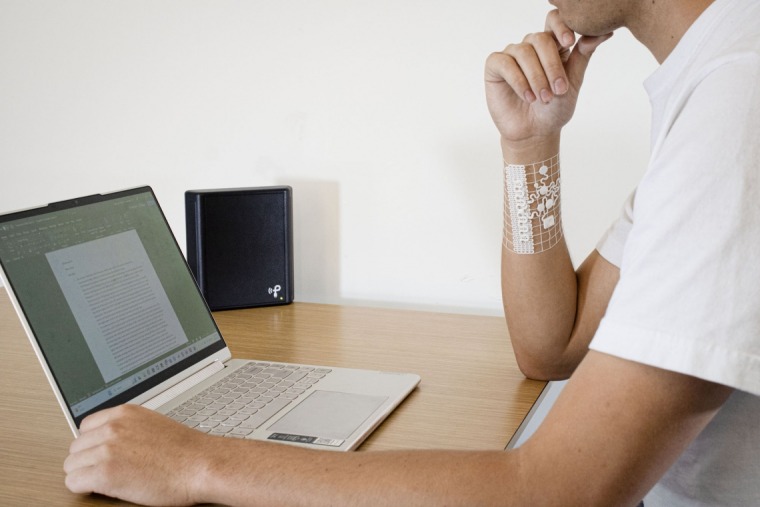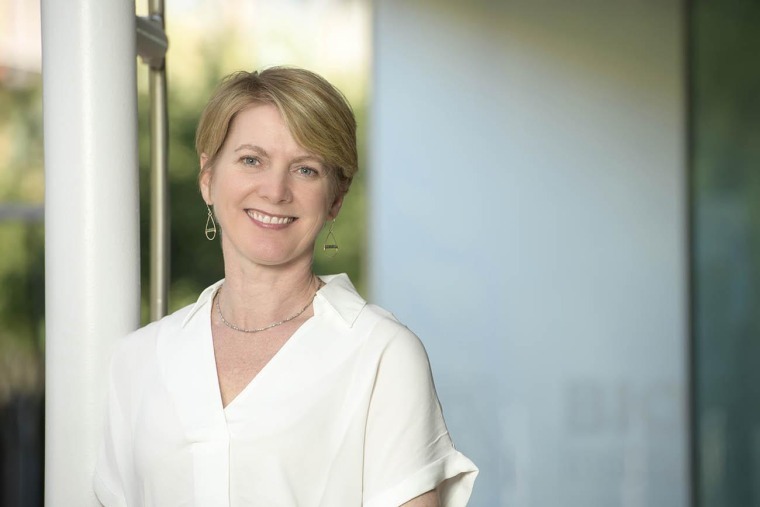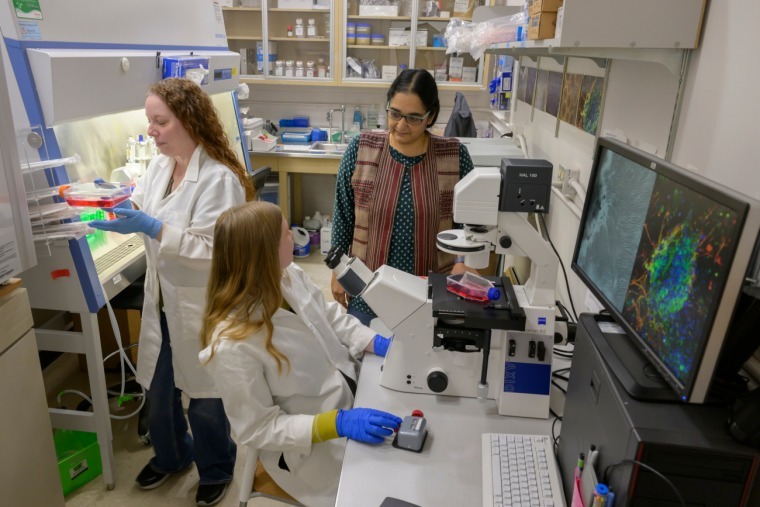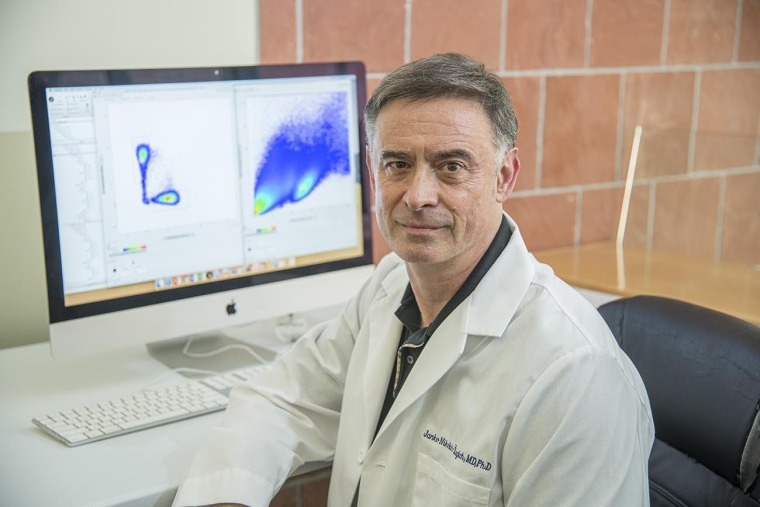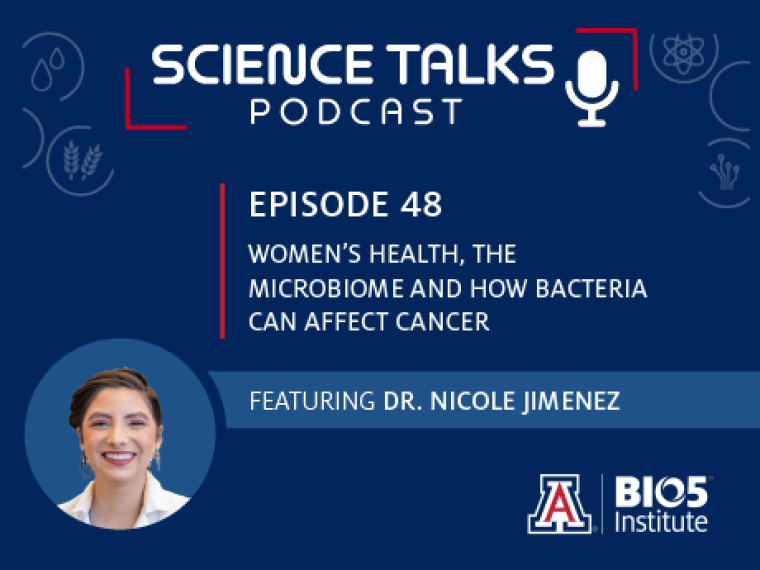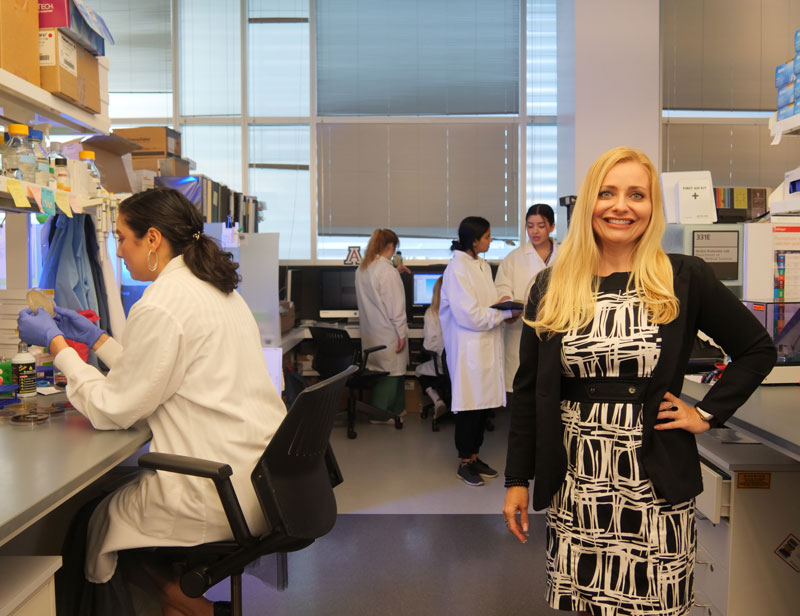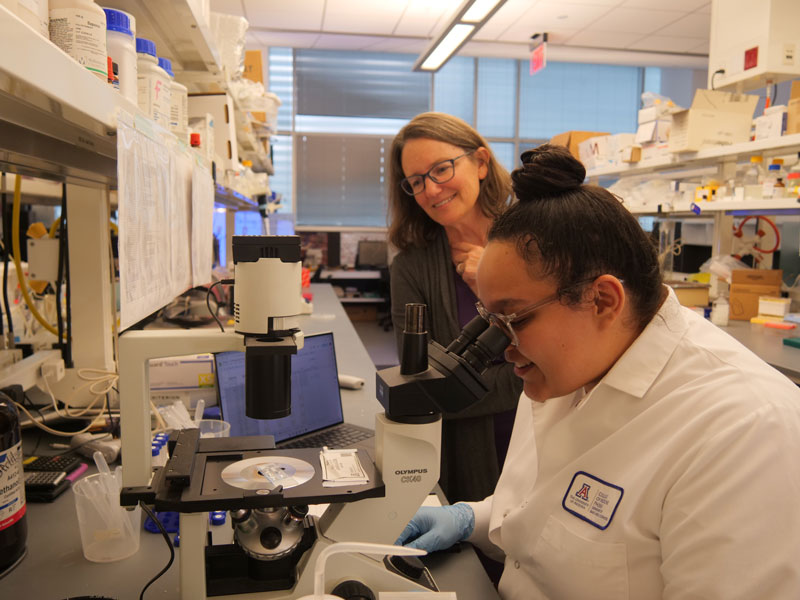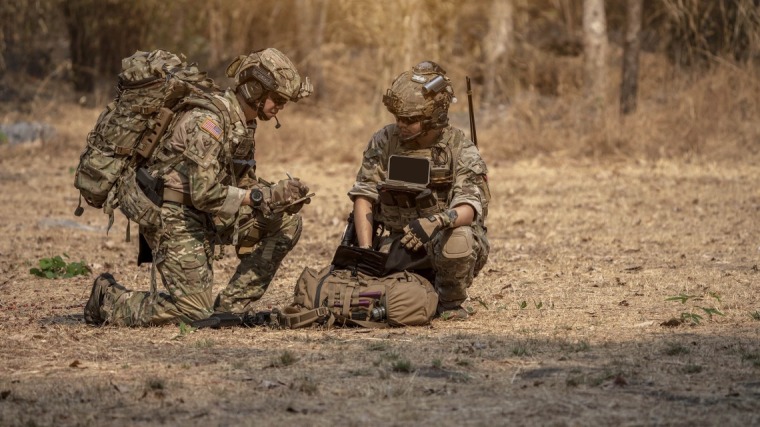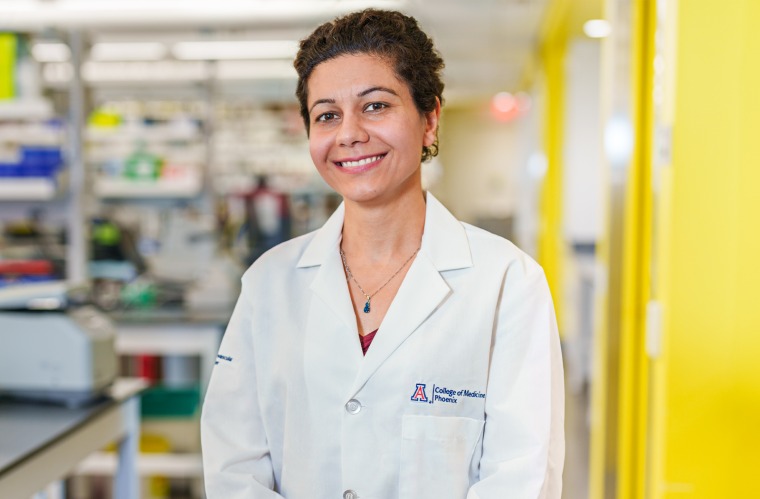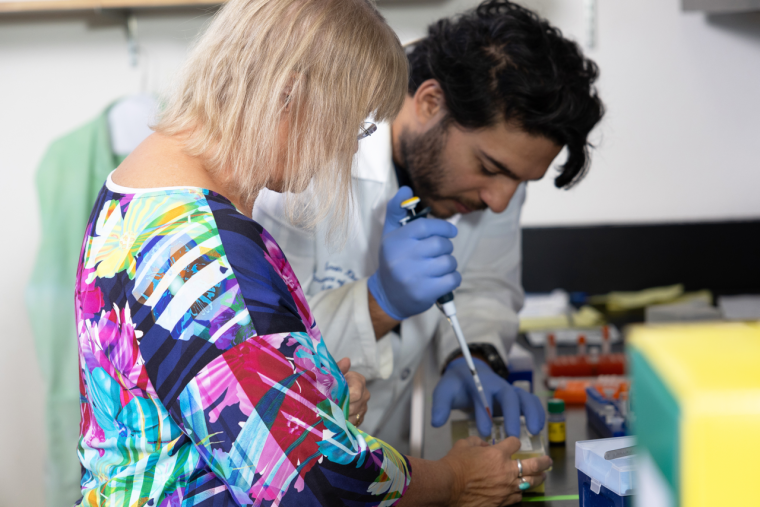Women in Medicine and Science Welcome Governor Katie Hobbs to Their Annual Networking Event
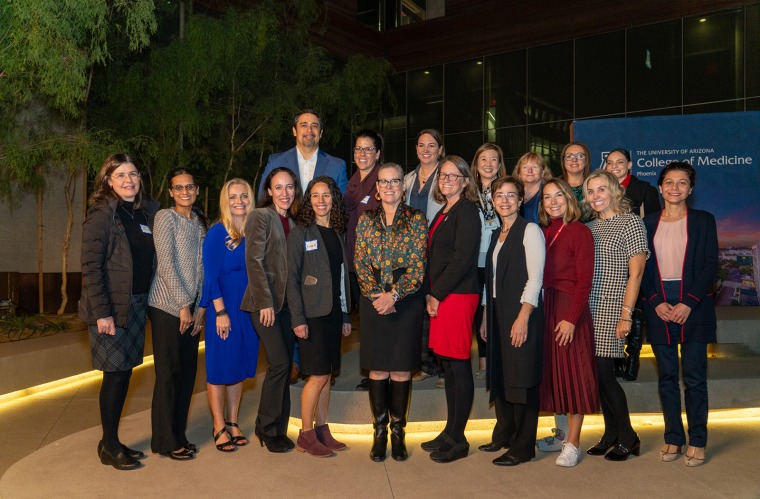
Governor Hobbs urged attendees to take the lead in making medicine more equitable. Celebrating the impact that women are making in medicine and science and supporting their growth as leaders was the focus of the 6th Annual Women in Medicine and Science (WIMS) Fall Networking Event.


